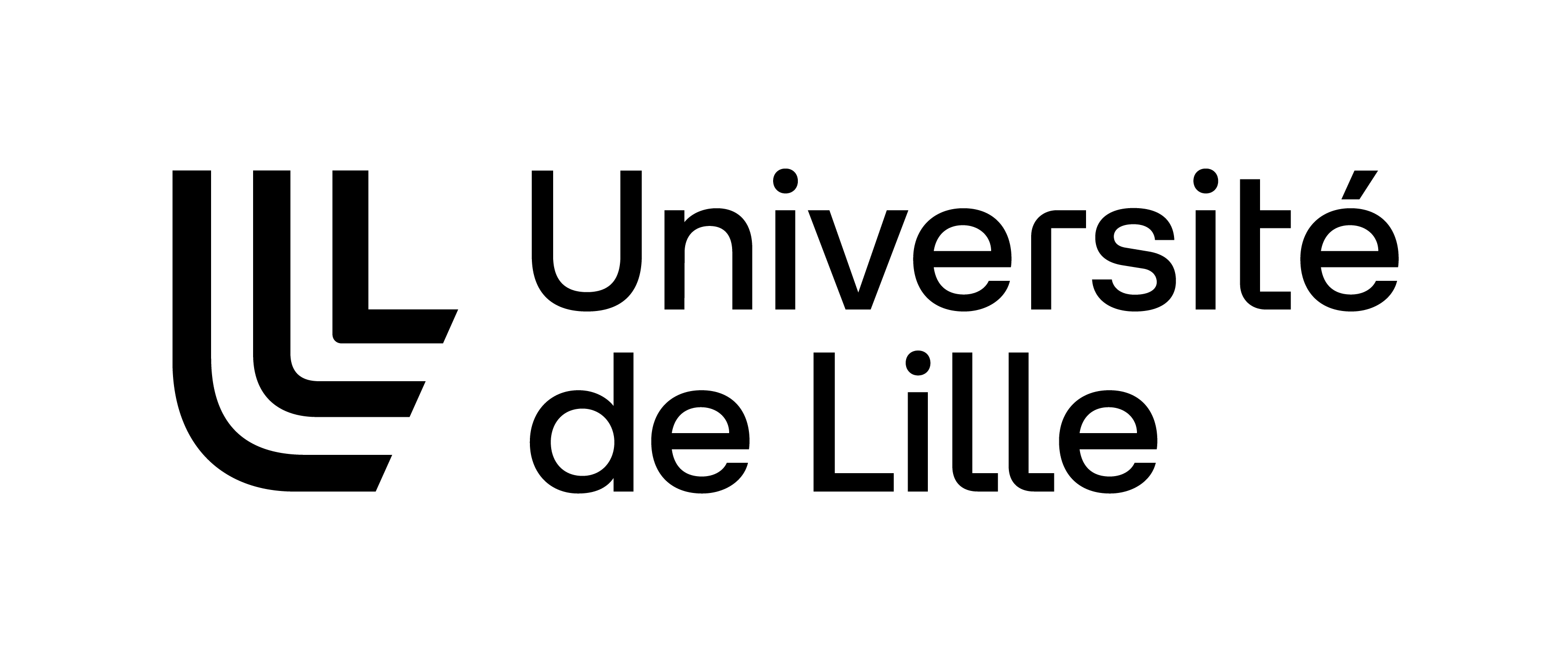The consortium members
The University of Lille is the coordinating institution of the consortium, which is composed of 11 full partners universities. In addition, 17 associate partners (NGOs, administrative institutions, and academic organizations) are members of the consortium.
- Université de Lille (France) : UL (Coordinating institution)
- Université Libre de Bruxelles (Belgium) : ULB
- University Babeş-Bolyai (Romania) : UBB
- University of Wroclaw (Poland) : UW
- Károli Gáspár University (Hungary) : KRE
- University College Cork (Ireland) : UCC
- University of Grenada (Spain) : UGR
- Galatasaray University (Turkey) : GSU
- Université Cheikh Anta Diop (Senegal) : (UCAD)
- Federal University of Rio de Janeiro (Brazil) : UFRJ
- University of the Aegean (Greece) : Aegean
How the consortium operates
The partner universities of the MITRA consortium host MITRA Master’s students for one or two semesters and award them a degree. The consortium universities offer opportunities for supervising students' field research and professional internships. Three of them (ULB, Aegean, and UGR) provide occasional courses as part of their annual Summer School. All consortium universities organize scientific events in which students can participate.
The non-academic partners associated with the consortium introduce students to the professional world by welcoming them for volunteer activities and internships. Located across four continents, these partners include humanitarian associations, administrative institutions, and academic organizations. The list of these partners is available under About MITRA > Consortium Members.
The consortium has established connections with many other organizations and associations that also offer internship opportunities and experience-sharing activities by regularly participating in the program.














